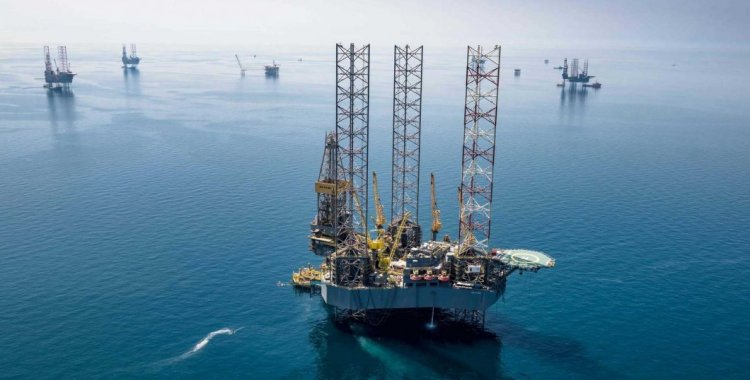Speaking to Lusa, Angola's OPEC representative, Estêvão Pedro, said the meeting's main objective is to analyze the oil market with the prospects and the possibility of replacing an additional 500 thousand barrels of oil per day in production.
Estêvão Pedro said that "Angola's intention is to support OPEC's efforts to maintain stable prices.
Angola participates, this Monday, in the 25th meeting of the Joint OPEC Ministerial Monitoring Committee, and the country will be represented at the meeting, which will take place by videoconference, by the Minister of Mineral Resources, Oil and Gas, Diamantino de Azevedo.
The minister is already participating as president of the OPEC Conference of Ministers and will be appointed to this position during the meeting.
The meeting, which will be chaired by Abdul Aziz Bin Salma, Saudi Arabia's Energy Minister, and co-chaired by Alexander Novak, Russia's Energy Minister, will review the Joint Technical Group's report on the evolution of the global oil market, its levels of compliance and prospects for the coming months.
On the same day, the 23rd meeting of OPEC ministers and their non-OPEC partners, signatories of the Declaration of Cooperation (signed in 2016), will be held.
Angola assumed in November 2020 the presidency of the OPEC Conference of Ministers, a body to which it was admitted as a full member in 2006.
The country plans to increase its current daily production from 1.249 million barrels of oil to 1.267 million barrels this month, with the prospect of reaching 1.319 million barrels per day by the end of 2021.
The information was provided by the Secretary of State for Petroleum, José Alexandre Barroso, quoted by Angop, during the advisory board of the Ministry of Mineral Resources, Oil and Gas, held in November last year.
José Alexandre said, at the time, that these data clearly confirm that Angola's production levels are not conditioned by the volume of production set by OPEC, but by the natural decline of the fields, the suspension of drilling activity in 2020, motivated by the covid-19 pandemic and the absence of investment in exploration in general.







